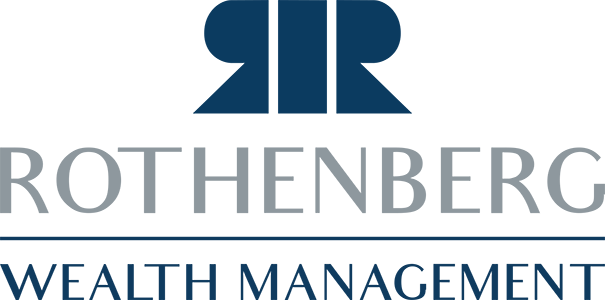Here are 5 questions to ask yourself as you take a closer look at how you’ll manage your finances when things return to normal.
As public health restrictions ease and more and more people are vaccinated, we can expect life to return to something like ‘normal’ soon. The return to a semblance of normalcy will be a gradual process, however. There’s an opportunity here to start thinking about how to prepare yourself for a post-COVID world financially.
Here are 5 questions to ask yourself as you take a closer look at how you’ll manage your finances in a post-pandemic world:
#1: What pre-COVID expenses will return when things go back to normal?
Your spending habits likely changed because of the COVID crisis. You may have noticed you haven’t spent as much on travel, dining out, and going to cultural events. As a result, you may have increased spending in other areas, like online shopping or food deliveries, or saved some money.
Either way, as things reopen, we will soon be faced with a whole host of spending temptations. This may include everything from buying a cup of coffee or a meal out at your favourite restaurant to taking a trip to that dreamy location on your bucket list.
Taking some time to think about how you were spending your money before the pandemic and what you’d like to do when things return to normal can give you an idea of what expenses you will have post-COVID and plan your finances accordingly.
#2: What COVID expenses will remain (or go away) when things return to normal?
You may have reduced or cut back spending entirely on certain things such as vacations and family outings. But the pandemic may have thrown extra expenses your way as well, increasing your spending in a given category or resulting in new costs altogether.
It could be that your entertainment costs or monthly utilities increased because you purchased additional digital subscriptions or used more bandwidth. You may have taken out a loan to do some home renovations, like turning a part of your home into a workspace, which you’re in the process of repaying. It may also be a relatively small expense, like hygiene and cleaning products. If you have a family or small children, you may have seen a rise in your grocery bills or childcare fees, two expenses that are likely to remain high even as things get back to normal.
It’s therefore essential to look at how your spending habits changed during the pandemic. Do you foresee these expenses continuing? Is there spending you can cut back on or eliminate because it is no longer necessary?
#3: How would a 1-2% increase in interest rates affect your budget?
During the pandemic, the Bank of Canada slashed its policy rate to an all-time low of 0.25% to encourage borrowing and spending. You may have seized the opportunity to take on more considerable expenses or debt during this time. For the time being, it looks like interest rates will stay low. However, interest rates will likely increase as the economy picks up. This means you might earn slightly more interest on your savings account. But this also can mean that the cost of paying back your loan will be higher.
#4: What would a 1-3% increase in your marginal tax rate do to your budget?
You may have experienced changes in your monthly income during the pandemic, resulting from stimulus payments or job or income loss. But when things rebound, you may expect them to recover as well. With more income coming in, your marginal tax rate will increase. As a result, you’ll owe the government more in taxes. When the 2022 tax season comes around, you’ll need to ensure you can pay your taxes. Planning ahead involves reassessing your budget.
#5: How can you optimize your investments?
Many attractive investment opportunities arose from the pandemic. But we’re already seeing stock price stagnation and drops since January for top-rated companies during the pandemic, such as Amazon, Netflix, and Peloton. It’s important to reevaluate your investment holdings, review your source(s) of income and how they will be affected by things reopening.
Consulting with a trusted advisor is the safest and most effective way to formulate an investment plan to take advantage of current opportunities in the market while subsequently planning for the future.
Conclusion
Regardless of how your family’s financial situation has shifted during the pandemic, evaluating your current needs, goals, and opportunities moving forward can help you exit the pandemic dynamic in a financially stable fashion.

